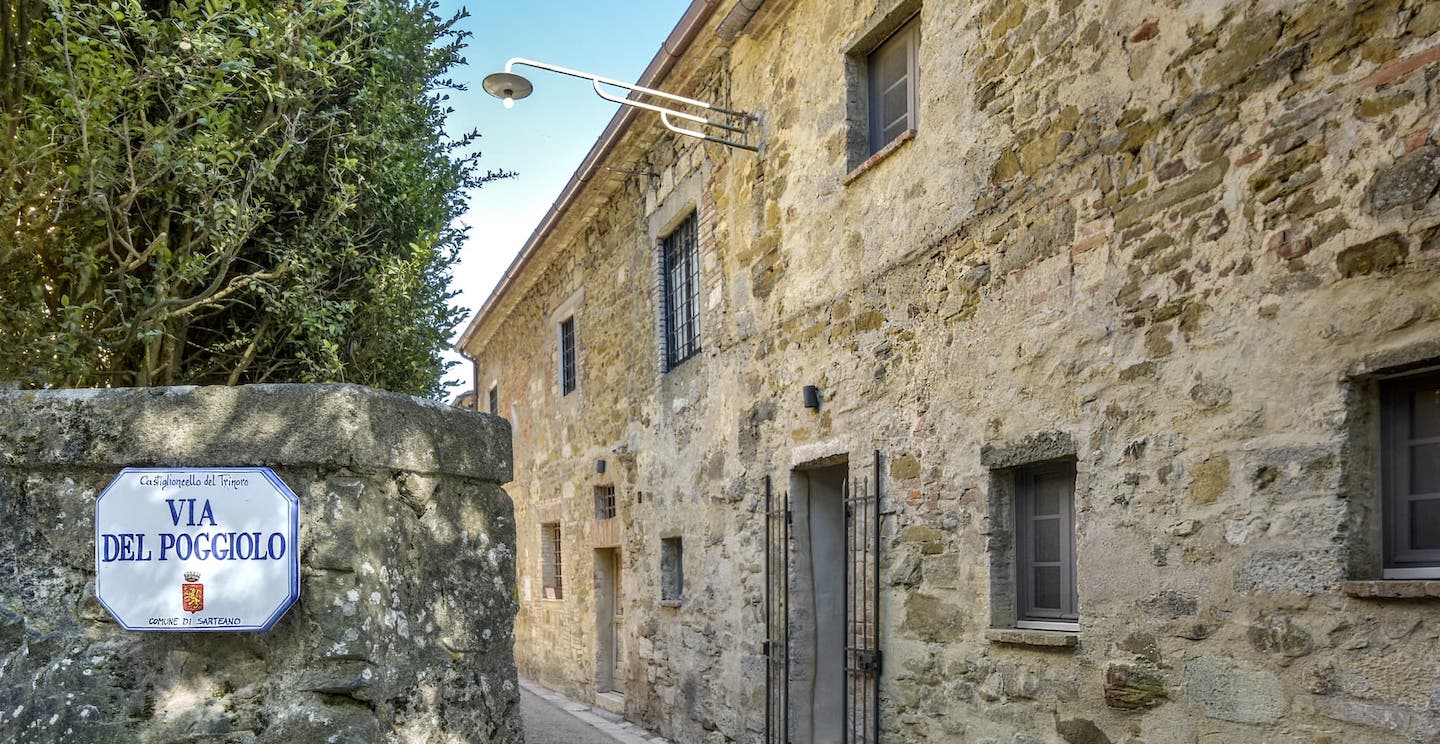


Whistleblowing
Whistleblowing allows employees or third parties (e.g., suppliers) to confidentially report any wrongdoing encountered during their work activities.
The whistleblower is the person who identifies a wrongdoing or irregularity in the workplace while performing his or her duties and decides to report it to the company to which he or she belongs or to an authority that can effectively act on it. The whistleblower is protected by legislation.
Monteverdi s.r.l., in compliance with the provisions of Legislative Decree 24/2023, has adopted an internal system for the reporting of violations that aims to safeguard the confidentiality of the identity of the whistleblower and protect him or her from retaliatory conduct resulting from the report, in line with the regulations issued on whistleblowing at the European and national level (most recently Legislative Decree No. 24 of March 15, 2023, which transposes Directive (EU) 2019/1937 into Italian law).
Monteverdi s.r.l. has set up its own dedicated channels, managed by autonomous and independent structures, through which it is possible to report conduct, acts or omissions - including well-founded suspicions - of which the reporter has become aware in his or her work context and which he or she believes may constitute a violation of the rules governing the activity carried out by the Company.
In particular, it is provided for all whistleblowers to use a special IT Platform - available at the link indicated on this page - suitable for ensuring, by means of computer methods, the confidentiality of the identity of the whistleblower.
Legislative Decree 24/2023 provides for the possibility of external reporting if:
- an internal report has already been made and it has not been followed up;
- there are reasonable grounds to believe that, if an internal report were made, it would not be effectively followed up, or that the same report may be grounds for retaliation/discrimination;
- there are good reasons to believe that the violation may constitute an imminent or obvious danger to the public interest.
In the listed cases, the report must be sent exclusively to ANAC through the modalities provided for and available on the Authority's website. (ANAC | Home page - www.anticorruzione.it).